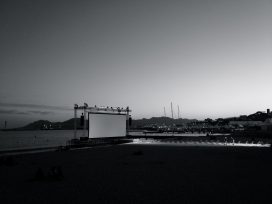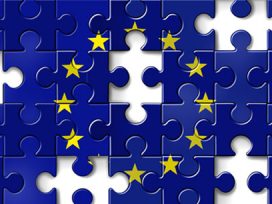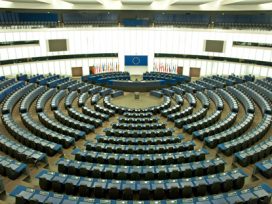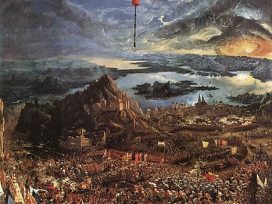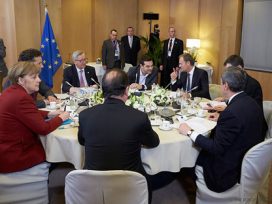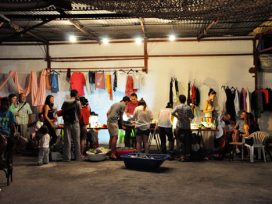
Uncommon knowledge
A transversal dictionary
In a text based on her presentation at Eurozine’s Oslo conference on the making of the public sphere, Pelin Tan explains how artist-run platforms are generating unique forms of solidarity, translocal networks and various types of transversal knowledge and alternative pedagogies. In so doing, Tan makes the case for a language that remains faithful to the project of rebuilding a collective consciousness.
